 In a university town that is home for a renowned school of journalism, where the Center for Investigative Reporting (this just in: It has relocated to Emeryville) is located, and where great news reporters have taught, it would be very ironic for good journalism to go missing in action, but that seemed to be the case this week in Berkeley.
In a university town that is home for a renowned school of journalism, where the Center for Investigative Reporting (this just in: It has relocated to Emeryville) is located, and where great news reporters have taught, it would be very ironic for good journalism to go missing in action, but that seemed to be the case this week in Berkeley.
At a city council meeting this week, witnesses report that a uproar occurred when a member of the city council attempted to get a vote on new wording for some new laws regarding the homeless without any public input. The measure was tabled after it was pointed out by other members of the city council that the change in procedures would be illegal, according to one source.
Allegations that an extensive cover-up to mask the details of the events that lead to the Berkeley Balcony Disaster is being implemented, should be sufficient motivation for some of America’s top level journalists to come to Berkeley and then either substantiate the rumors or refute them completely.
If the city that was home to both the Berkeley Barb and the Berkeley Tribe can now stifle rumors of malfeasance, then perhaps the dire prognosis that Democracy in the USA is rapidly approaching “flat line” status is spot-on.
The world’s laziest journalist had been tipped to the historic potential of this week’s city council meeting by Mike Zint, who is the fellow responsible for the “First they came for the homeless” page on Facebook (among other political activist accomplishments).
We attended the rally that was held before the meeting began, but the time when we could work a full day, attend a city council meeting (back in the day when Culver City held the council meetings in the firehouse/city hall building) that evening, then go back to the office and type out a report before ringing out for the day was several decades ago. We left the scene before the newsworthy aspect of the night began to unfold.
According to an article in the New York Times, statistically speaking a shortstop’s best year usually occurs when he is 28 years old. Could the same principle apply to a columnist’s performance level?
We have heard that waiting until late in the meeting to bring up important issues is a favorite tactic in Berkeley but we were unprepared to reactivate the old college “pull an all-nighter” methodology of coping with the challenge.
If the New York Times, Rolling Stone magazine, and Sixty Minutes don’t have the resources (or motivation?) to cover the recent events in Berkeley, should local activists try to pitch the idea to Paris Match, Der Speigel, or Pravda?
Recently we acquired a DVD copy of the movie “Rum Diary,” and were thrilled to see again the “Ink and Rage” sequence where the writer warns the bad guys that he does not have their best interests as his chief motivating factor in life.
We have, in the past, written a column detailing the fact that the portable typewriter used by the leading character during his soliloquy was one of our personal possessions before it turned up on the set in Hollywood and thereby made the “wannabe” aspect of the sequence particularly noticeable.
At this stage in our life, the world’s laziest journalist would greatly prefer to abandon all reasonable expectations of following the Hunter S. Thompson strategy to achieve fame and fortune and, instead, just coast from one enjoyable feature story to another.
In a course at Santa Monica College, we learned that writing a solid magazine article takes about a month of work. Putting that much time and effort into a weekly column (or even a series of weekly columns) is way above our pay grade.
Rather than do the heavy lifting to find out the specific details of the (alleged) shenanigans in Berkeley, we would rather concentrate on some innocuous bits of frivolous information that might make our readers smile and not try to inspiring them to change their vote in the 2016 Presidential Election.
If, however, one of our regular readers just happens to know a writer or assignment editor for a very influential member of the mainstream media, and sends them a link to this lament, we would not be adverse to playing a catalyst role in causing a chain of events which brings the focus of national attention to some of the hidden aspects of life in the San Francisco Bay Area.
We intend on seeing two movies this weekend. A restored version of “The Third Man” will be playing in Berkeley and word of mouth indicates that seeing “Ted 2” might be good for some laughs.
After a respite of a long holiday weekend, perhaps we will be inspired to take a 75th anniversary look at the beginning state of the Battle of Britain, some events to commemorate the fiftieth anniversary of the start of the Berkeley Barb, and/or . . . a gonzo style look at the next Berkeley City Council meeting?
To be continued . . .


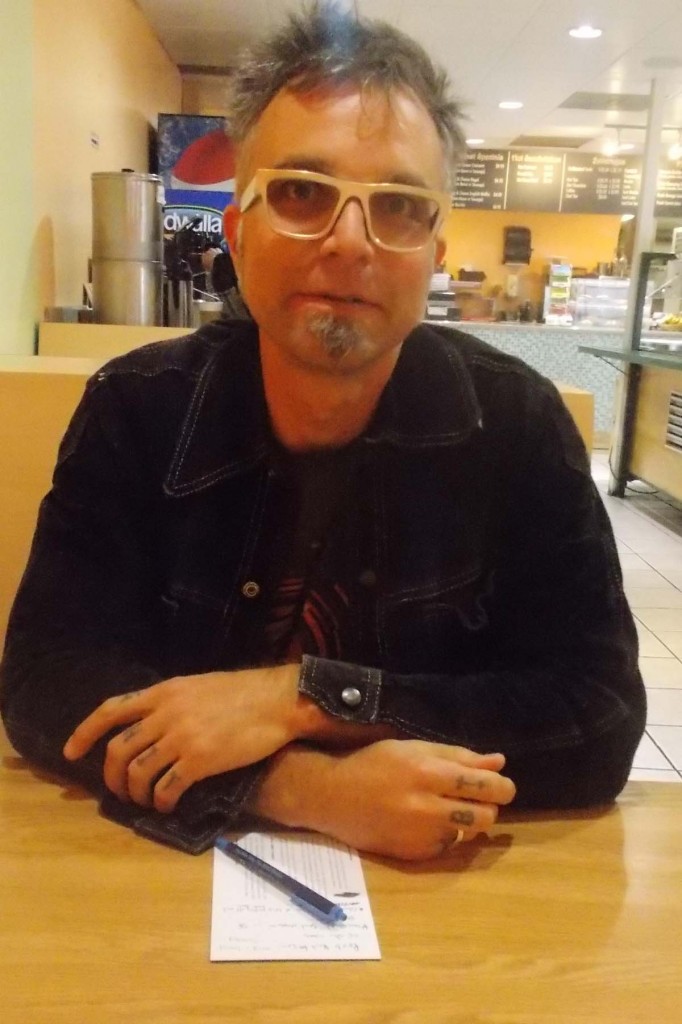

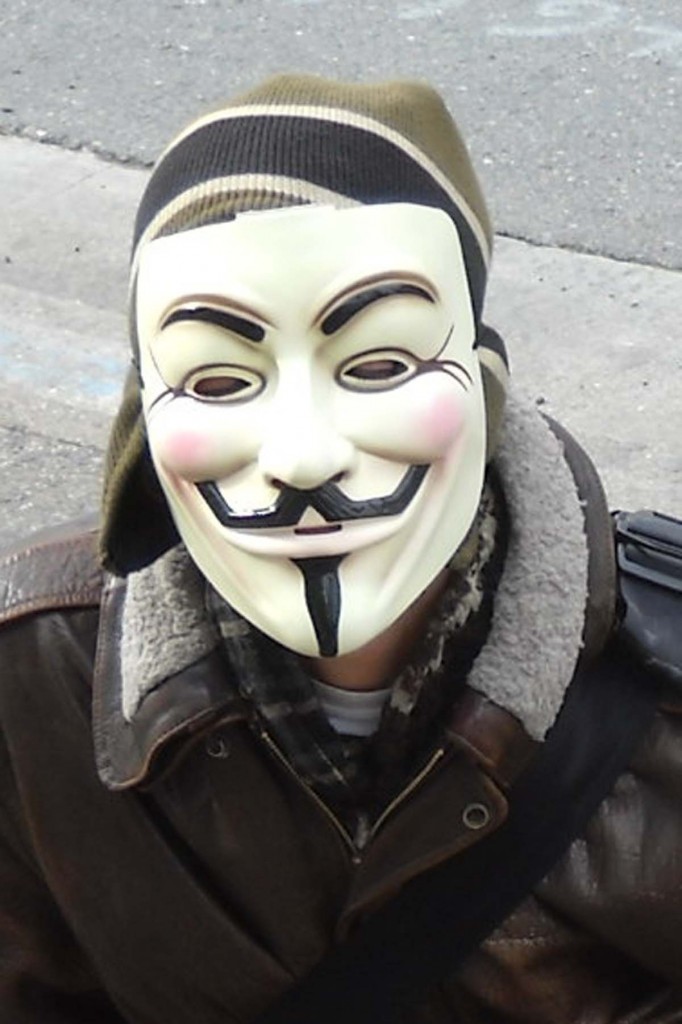
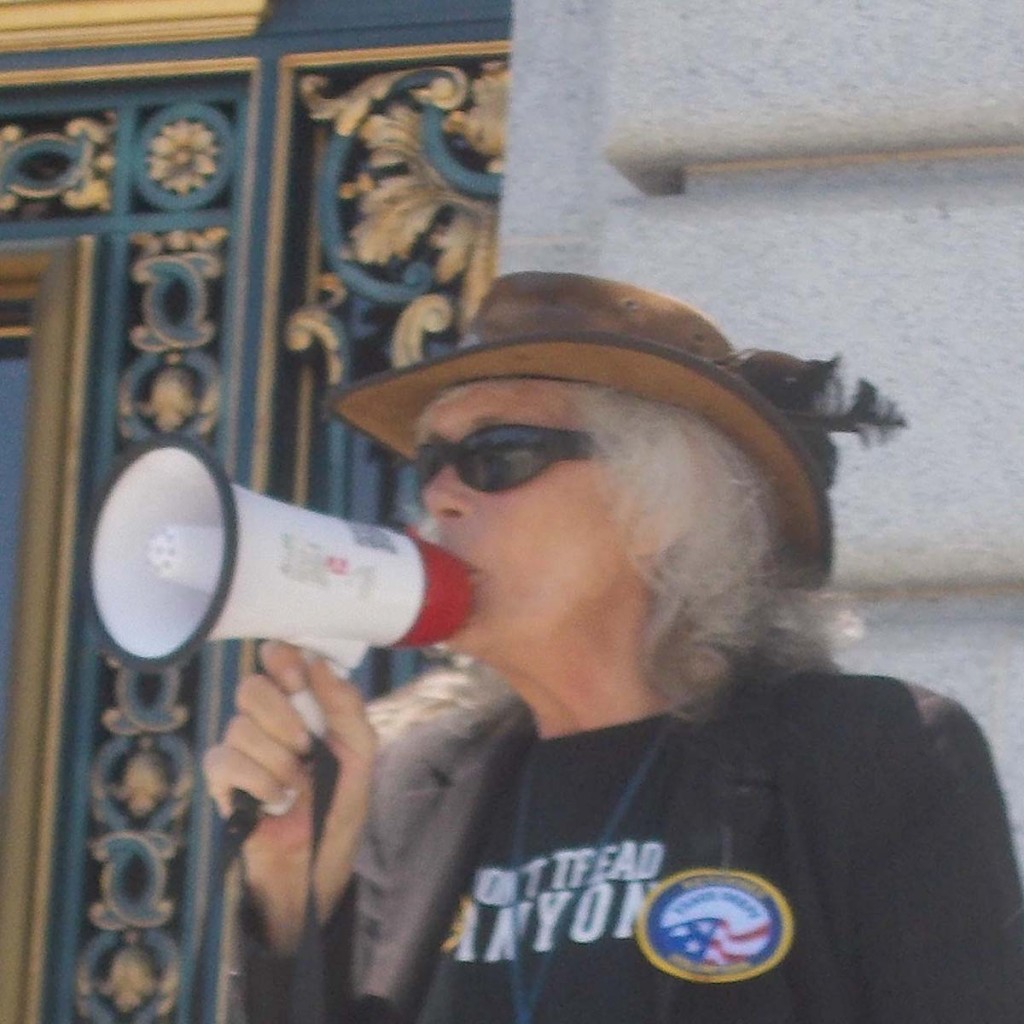


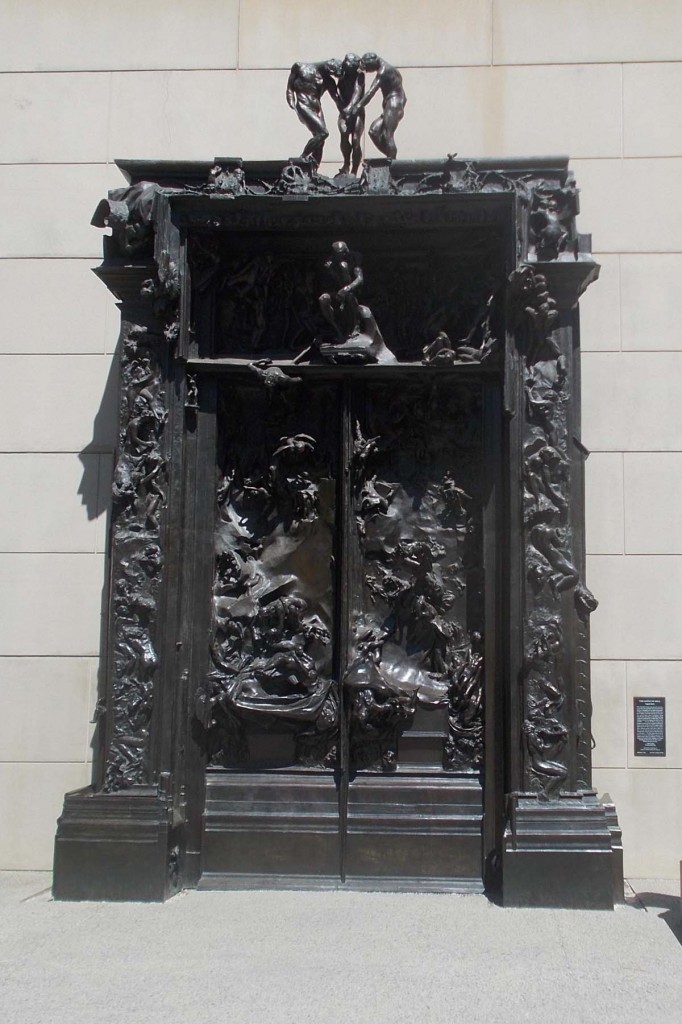



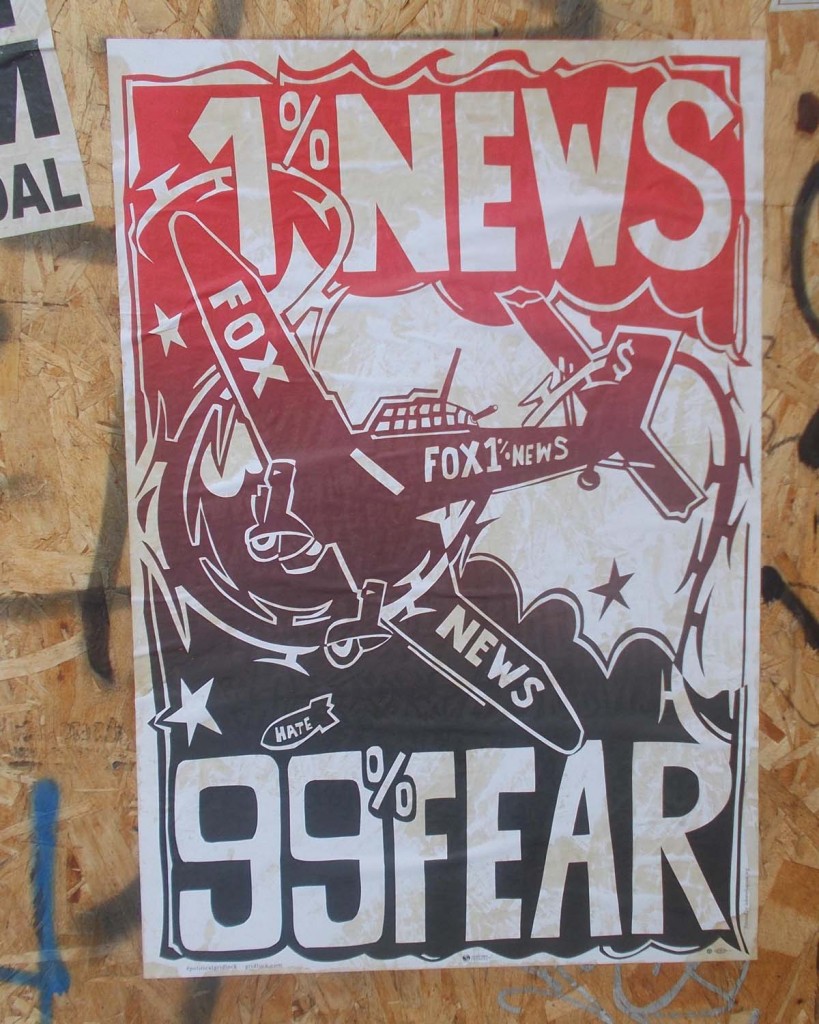


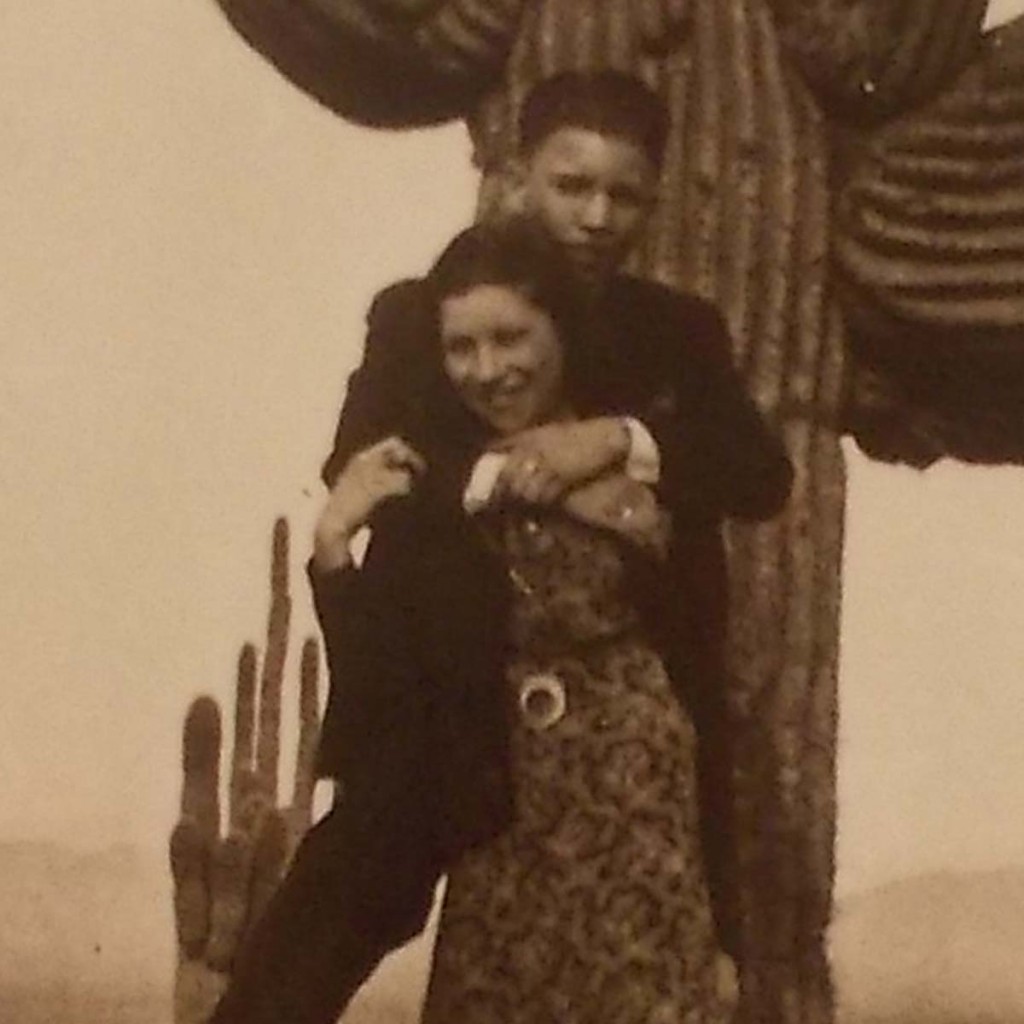

On the Road to literary fame and fortune?
What would happen if a group of homeless political activists in Berkeley offered an opportunity for a young journalist to score a scoop and a chance for a career making project? Since a good many energetic authors have endured the rigors of life on the road to write about their experiences, and since Berkeley is considering a list of proposed ordinances that will make being homeless more challenging, Mike Zint, the political activist leading the effort to prevent the historic Berkeley Post Office building from being sold, has issued a challenge to journalists covering the resurgent political scene in the famed University town. He calls it the George Orwell do-it-yourself scholarship program.
Writers ranging from the eager staff of the Daily Californian to contributing writers for various publications, and perhaps even a staff writer for the New York Times are being urged to vie for the privilege of spending a week (or month?) with the 24/7 protest at the city’s main Post Office branch and experience what life without money, regularly scheduled meals or time clocks means.
If a young writer shows up with no money, no ID, and no credit cards and is willing to spend a week (month?) living on the streets gathering material for a writing project, there is no guarantee that the work will sell, but the rookie scribe will be granted membership in a rather exclusive group. The Berkeley chapter of the fraternity of the open road school of journalism has an impressive roster.
Robert Louis Stevenson, who wrote “Travels with a donkey,” and “An Inland Voyage” had a home that is now a California State Park just north of Calistoga.
Dorothea Lange was a photographer who roamed the country taking photos that provided classic images showing the desperate plight of the poor during the Great Depression. She lived in Berkeley CA.
Jack Kerouac made being a bi-coast schizophrenic the basis for the beatnik literary movement by repeatedly bouncing from the Big Apple to Frisco and back again and again and writing about it in various books. He was briefly a Berkeley resident.
Hunter Stockton Thompson rode with the Oakland chapter of the Hell’s Angeles Motorcycle Club and the subsequent book mad him a journalism super-star. He lived, for a while, in San Francisco.
Blogger, former war correspondent, and (more recently) occasional baby sitter, Jane Stillwater, who has circled the glob gathering interesting information and facts, has interrupted her peripatetic fact checking activities and is currently ensconced in Berkeley and is putting the finishing touches on her first novel tentatively titled “Pictures of a Future World.”
Sure, married people can write charming books about domestic bliss but even the lady from Scranton Pa., who wrote “Please Don’t Eat the Daisies,” didn’t stay there.
George Orwell’s first book “Down and Out in Paris and London” never lived in Berkeley but his first book helped establish him as a celebrity writer. The fact that his book about hard times sold well during the depression should provide some incentive for today’s white belt (i.e. beginner) writer to “walk a mile in Orwell’s moccasins.”
If writers can’t get an assignment from the mainstream media to cover the tumultuous atmosphere on Shattuck Avenue in Berkeley it might indicate that the publishers (who are usually conservatives) are more into denial than willing to subsidizing a sojourn into the fascinating world of life on the edge.
If a bold and audacious writer decides to take the challenge, and doesn’t get any response to his work done on speculation, that might be proof that capitalists are practicing de facto censorship in a country that has been conditioned to be oblivious to any limits on freedom of speech imposed by financial considerations. Would capitalistic publishers institute de facto censorship based on misguided fanatical beliefs if it deprived them of a traditional source for sure sales? In the capitalists’ world, doesn’t greed trumps political principles every time?
If such hypothetical self imposed limitations were in effect, wouldn’t the discipline required to resist the urge to break the embargo ultimately fail due to greed fostered by the potential of impressive sales numbers? Hasn’t the life of a vagabond wordsmith been the basis for many literary careers? Publishers may be able to control what is available to buy in America’s bookstores, but they can’t stop people from follow sales trends that have been effective for many generations.
The danger for the capitalistic conservative moguls would be that some desperate graduate of a journalism school, who is being overwhelmed by student debt, cites the WTF factor and puts his world on the line and risks everything on a bold gamble. That makes very interesting reading for those who want to live an exciting life vicariously.
What beleaguered dad doesn’t retreat to his “man cave” and yearn for a proxy who will deliver the life of a happy go lucky, eloquent rolling stone in the pages of a new best seller?
With all the time spent on talk radio decrying the existence of panhandlers in the land of opportunity, there is one glaring factor: when is the last time a conservative talk show host interviewed a homeless person on the air? If the unemployed are not given an opportunity to express their point of view, how then does a one-sided point of view program exemplify a dedication to “fair and balanced” content?
Dirty diapers, puking babies, and Sunday morning sermons may add a comforting predictability to life and adds a shared experience bond to community living but the uncertainty of hitchhiking in the rain on a desolate highway intersection at night does not need to be concerned about being too mundane to hold the audience’s interest. The song “Phantom 309” describes the dismal experience of hitchhiking at night on a remote stretch of highway as a rain storm approaches. For families in fly-over country that song is a “Twilight Zone” episode told in lyrics and is very entertaining, but for someone who has experienced the vagabond lifestyle it provides a “been there done that” moment that rings true for many a wandering wordsmith.
(If the writer’s reaction to the plight is to utter a blasphemy and if it is immediately followed by a dramatic lightening bolt striking the peak of a mountain top about five miles yonder, that will probably be an “ace of trump” incident at a hostel story telling competition.)
The World’s Laziest Journalist has lived the hitchhiking to Frisco chapter of “On the Road” almost five decades ago and has concluded that it is better to interview the regulars at ‘Fort Zint” (the Berkeley Post Office Defense Protest) and get a vicarious look at the challenges they face rather than adopting the young writer’s sense of adventure and putting a major commitment of time and energy into a project that would be done on speculation.
At this stage of the game what would be the use of putting a great deal of time and effort into laying the foundation for a writing career that will stretch thirty years into the future?
We either do something for the S&G factor or we give it an immediate “pass.” That isn’t to say that we would turn down a spur of the moment offer of a ride to NYC – the travel bag is always packed – but road adventures are a young man’s game and, according to Mike Zint’s ground rules wouldn’t getting a monthly social security check take away the risk factor of being broke and on the move?
In “the Road,” former University of California at Berkeley student Jack London wrote: “I located and empty box-car, slid open the slide-door, and climbed in.”
Now the disk jockey will play Clarence “Frogman” Henry’s 1956 hit “Ain’t got no home,” the Eagles’ “Take it easy,” and the Highwaymen’s “The Road goes on forever, the party never ends.” We have to check Craig’s list and see about the possibility of getting a ride to the Big Apple. Have a “never saw a sight that didn’t look better looking back” type week.